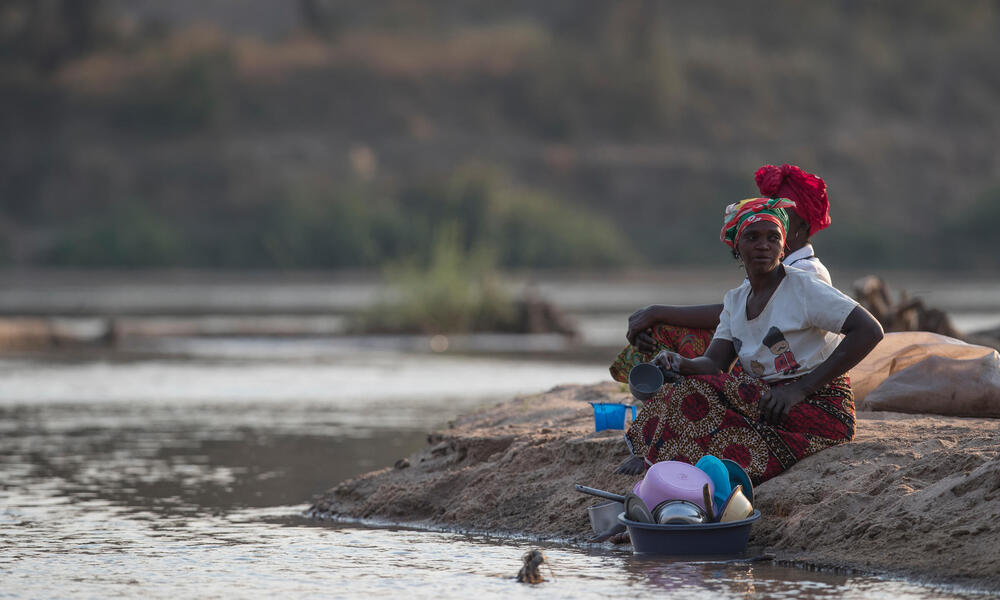What is home?
For women like Helen, it’s a place by the river that she was forced to abandon. That’s where her husband fished, she gathered water, and family was buried for eternal rest. But like most rural Zambians, she didn’t own the land. So when a foreign developer moved in and built a fence along the river, blocking her access to the water, she was forced to leave.
It’s stories like Helen’s that remind Raymond Kaima, Nyimba District Coordinator of Zambia Land Alliance (ZLA), why his job is so critical. “She’s one of the many,” he says, shaking his head. For him, the solution is obvious: “Someone should be secure on their land. They need to feel secure in order to develop the land, build a house, [and] invest in their future. They need to be sure that future generations will have access to that place in order to see the value of maintaining and improving it.”
Through ZLA, which seeks to empower people through land and natural resource management, Kaima and colleagues are piloting “Traditional Land Holding Certificates” that help people become legal landowners—instead of transient custodians—and increase female land ownership.
Since moving to this region in 2015, Kaima has seen positive trends. Traditionally, if a woman’s husband died, she’d be sent back to her parents’ home with no land and no property rights. Now, after awareness-raising campaigns and community meetings, many women co-own land with their husband or have assumed ownership after their husband has died.
In addition, people are building permanent structures instead of palm-leaf huts—a sign that they truly believe the space is theirs and that they care what happens to it. For WWF, a partner of ZLA, this also means that people care about the natural resources and landscape that make their land valuable.
